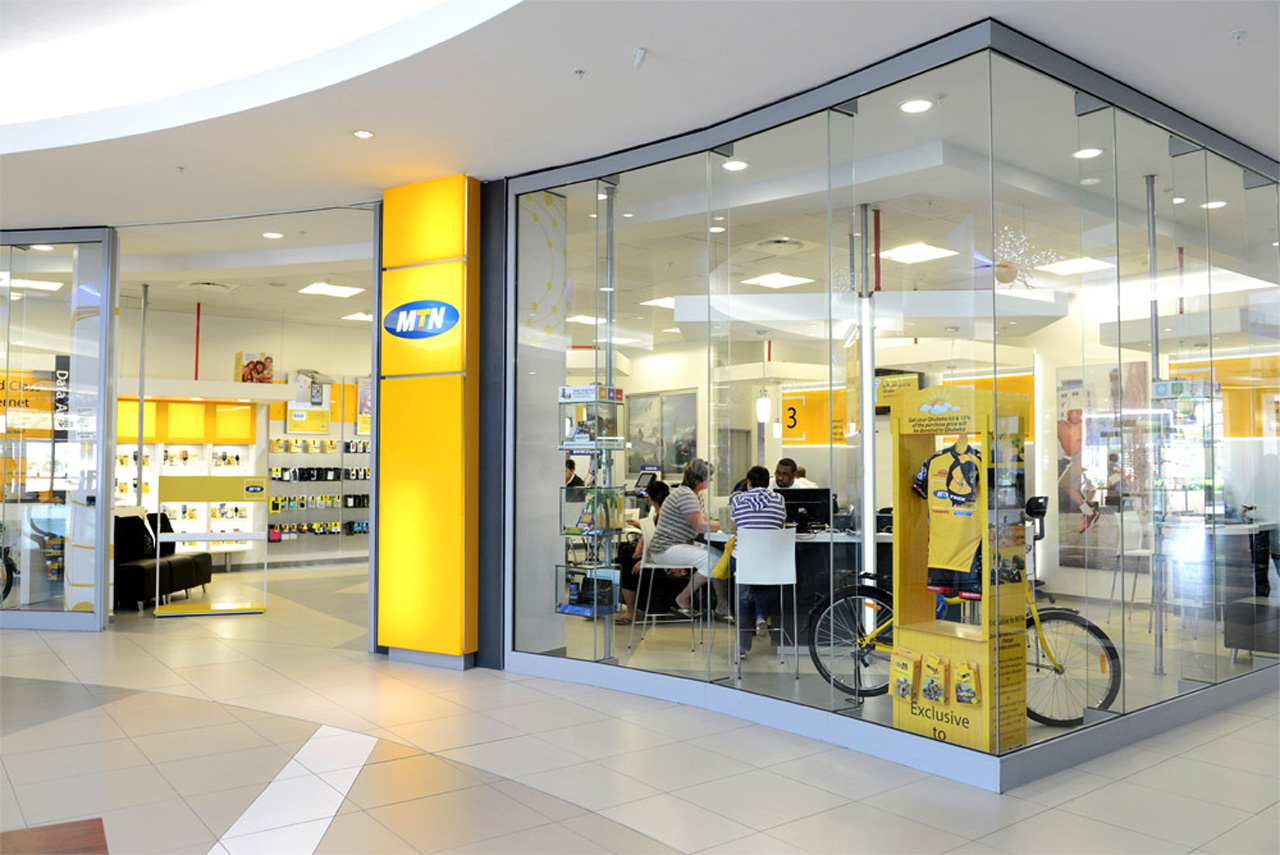Even though what is uppermost in the mind of the new leadership of the National Information Technology Development Agency (NITDA), is to upturn the increasing level of capital flight vide importation of hardware and software, an expert, Dr. Kenneth Peterside has said that the flight cannot stop in the nearest future.
According to the ICT security consultant, “The best option to limit the rate of forex outflow is to go to China and encourage the manufacturing firms to come and build their factories here in Nigeria”.
“You cannot stop capital exports by mere talks but by tailored policies capable of encouraging the countries of origin of the hard and softwares to come down to Nigeria and invest. This can only be possible when power and other attractive ease of doing business in Nigeria have been truly upgraded to international standards.
Only two days ago, the DG/CEO of NITDA, Dr. Isa Ali Ibrahim Pantami, said the economy loses over $2.8bn in the process, due to poor local content development in the sector.
He however noted that under his leadership, NITDA is considering partnering with stakeholders in the Information and Communication Technology (ICT) and the Ministry of Communications to reverse the outflow, but he did not give details on how to stop going outside to buy the hardware and software that are critical to the sector.
Already, the Minister, Barr. Adebayo Shittu has said the present economic realities in the country, following the dwindling revenue from oil sector has spurred national alternative to diversifying the economy for sustainable development.
He argued that “There is no such better alternative than ICT, which has recorded tremendous growth and contribute about 12.62% to total nominal GDP and 12.68% to total real GDP in second quarter of 2016 according to National Bureau of Statistics.
“The ICT revolution offers a historic opportunity to enable national adjustment to a fast changing and knowledge-driven global economy. It opens the opportunity for Nigeria to transform to an open, smart, and inclusive economy. It offers new tools and platform to address the region’s challenges particularly in areas such as governance, employment, demands for public services, export diversification, structural transformation, and global competitiveness amongst others.
Shittu in an interview noted that the challenge presently focuses not only on closing the gap in access to technology but also on enhancing ICT innovation and promoting digital industries.
He said “the access to technology is an important factor for us in Africa and for that we should focus our efforts on collaborating with the ICT private sector in the digital economy and the key role SMEs play in our digital ecosystem as well as regional strategic partnerships in order to be able to do business and make it possible for all to communicate; but we need to address the ultimate application of this potential technology to tackle the underlying challenge of human capacity development.
“Developing the capacity of human resource gives us an opportunity to turn on the furthest reaching and fastest growing technology to bridge the gap. There is need therefore to tap the potential of this technology so as to ensure that everyone can enjoy the opportunity for economic mobility, personal advancement and higher quality of life.”
Shittu told delegates at eNigeria that the Ministry will collaborate with NITDA to ensure all tiers of government consider the adoption of Open Data Policy (ODP) as a means of creating jobs, making data available for policy formulation and decision making as well as reducing the cost of governance and improving service delivery.
In his welcome address, Dr. Isa Ali Ibrahim Pantami, NITDA’s DG/CEO, decried that Nigeria loses approximately $2.8 billion annually from the importation of ICT goods and services, including a whopping $1 billion spent annually on software imports.
He described as unacceptable a situation locally manufactured or assembled computers represent less than 8% of all the computers used in the country.
“Similarly, Nigeria is projected to expend about $143.8 billion on ICT by 2019- a vast sum that translates to over 7 times the value of the 2016 national budget.









